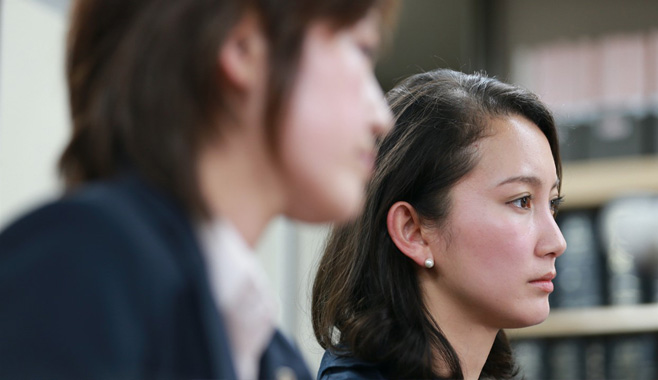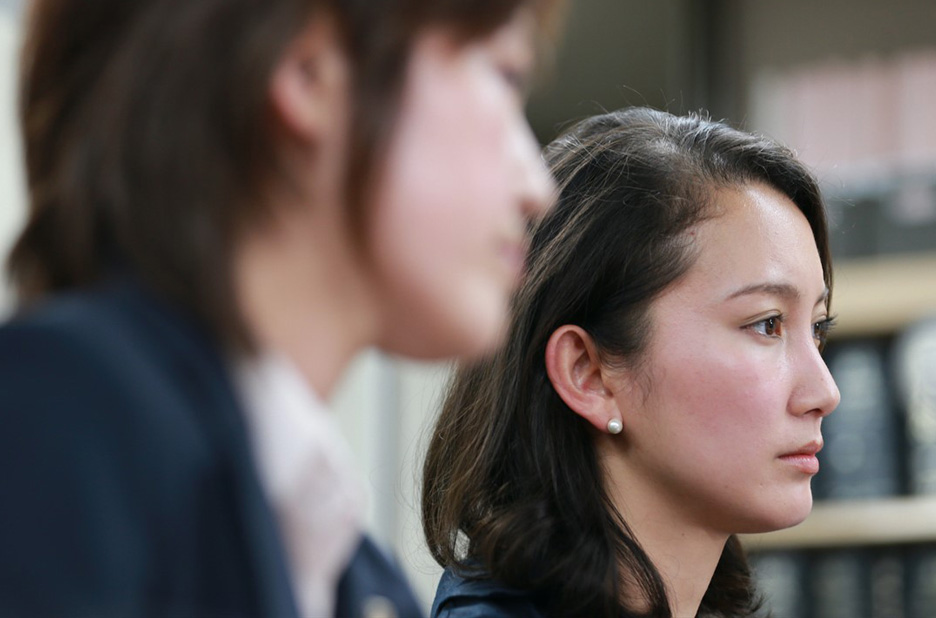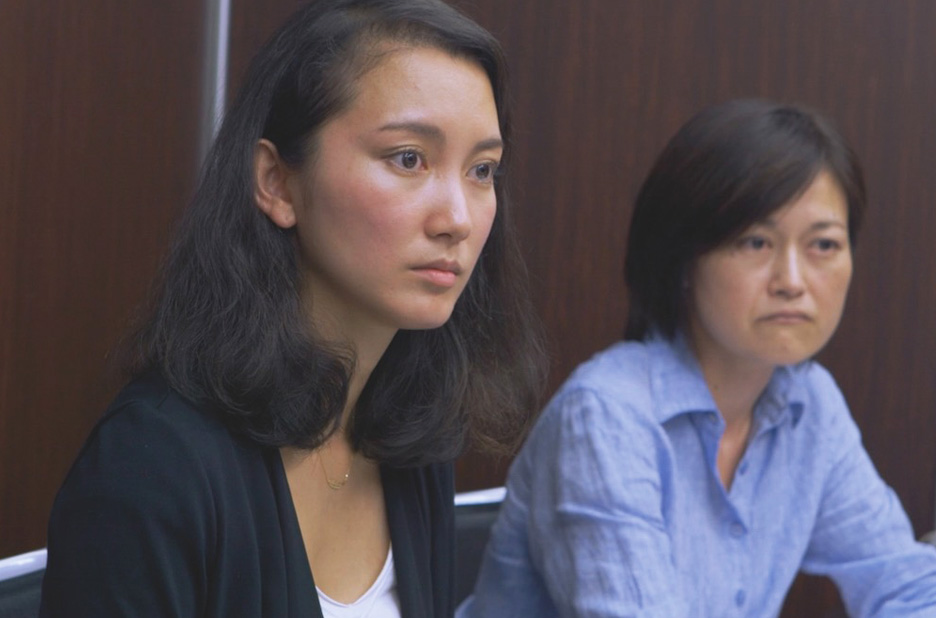Film
Black box diaries (2024)
Shiori Itō
4/5
Disturbing closeness of the truth
The film Black box diaries contains many imperfections. This documentary about bringing a rapist to justice in patriarchal Japan features and is directed by the journalist Shiori Itō, the survivor of the rape in question. She is not a perfect victim or witness, neither is her account perfect, the Japanese legal system is far from perfect and the film itself is imperfect as it is directed by a novice. However there is something new and raw in this unusual attempt to talk about rape differently.


The material of the film consists mainly of home footage of Itō’s conversations and actions and with this approach she firmly positions herself generationally as a young woman whose mobile phone is part of her very being. The initial scene where Itō introduces in English some of what will follow feels shallow and off-putting. But soon we are drawn into the miasma of the banal and meaningful, the open and surreptitious video and audio recordings. In the attempt to preserve tension and interest, we only hear Itō’s side of the story towards the end.
The facts of the case are devastating. In 2015 Itō met with a senior journalist about a job. He proceeded to drug her, take her to a hotel against her will and rape her. The rapist is a famous journalist Noriyuki Yamaguchi, with friends in high places, also friend and biographer of the former Japanese Prime Minister Shinzo Abe. Police dropped the case at the point when they were about to arrest the perpetrator and the lead investigator was transferred off the case. Itō pursued her own investigation and wrote a book which became a landmark testimony of the way the antiquated Japanese legal system treats victims of rape. She also initiated a civil case which she eventually won. Over time she gained more support from the Japanese public, although the public opinion still seems largely divided. This film has still not been allowed to be shown in Japan. It will be interesting to see whether it ever will be.
The most moving scene is towards the end when in a telephone conversation the doorman at the Sheraton hotel who has witnessed Itō be dragged by the perpetrator, barely conscious, from a taxi into the hotel, agrees to give testimony in court despite the risk of losing his job. Itō disintegrates into sobs while listening to this nameless and faceless voice offering some generosity and acknowledging her painful predicament.

Nevertheless there is something unsettling about this happy and persistent young woman who has spent 8 years working through her trauma and investigating the case in order to finally bring this film to us. There is something deeply unsettling about this film. By exposing herself to the public so completely, Itō refuses to be a good victim, which is admirable, but also veers close to exhibitionism and makes the viewers feel like unwilling voyeurs of her misfortune. The deliberately shaky, random camera work adds to this feeling. In this it could be said that her approach is quite original. Nobody who sees this film will doubt the facts presented and that the rape happened as Itō describes and believes it happened, nor that she is a courageous woman and that she is absolutely right to pursue the perpetrator legally. But what kind of person would choose to film herself during the most traumatic moments of her life? Is her approach in this film emotionally true and is this really her truth?
It is fascinating to compare the two radically different cinematic approaches of the same topic, shown in Black box diaries and I am Nevenka, another film also screened at the London Film Festival this year. Both films try to find different yet authentic ways of talking about rape in a work setting. They both mainly concentrate on the cost of the emotional trauma as well as the difficulty of bringing the criminals to justice and getting the public opinion on the side of the victims. Both films are flawed, but there is evidently an increasing need and desire to understand why we are so quick to blame the victims and why this is so entrenched in the legal system that we can’t easily move forward.
In the QA after the screening Itō advises others (presumably those who have survived a traumatic experience) to make a film. Although her openness and activism is worthy and much needed to help push for change of laws and practices in Japan, her advice seems flippant. We are all glad that she is a happy and talented woman who has found a way to deal with her trauma and wants to help others in a similar situation, but surely making a film is not just a matter of simply deciding to make one? Or is it?
